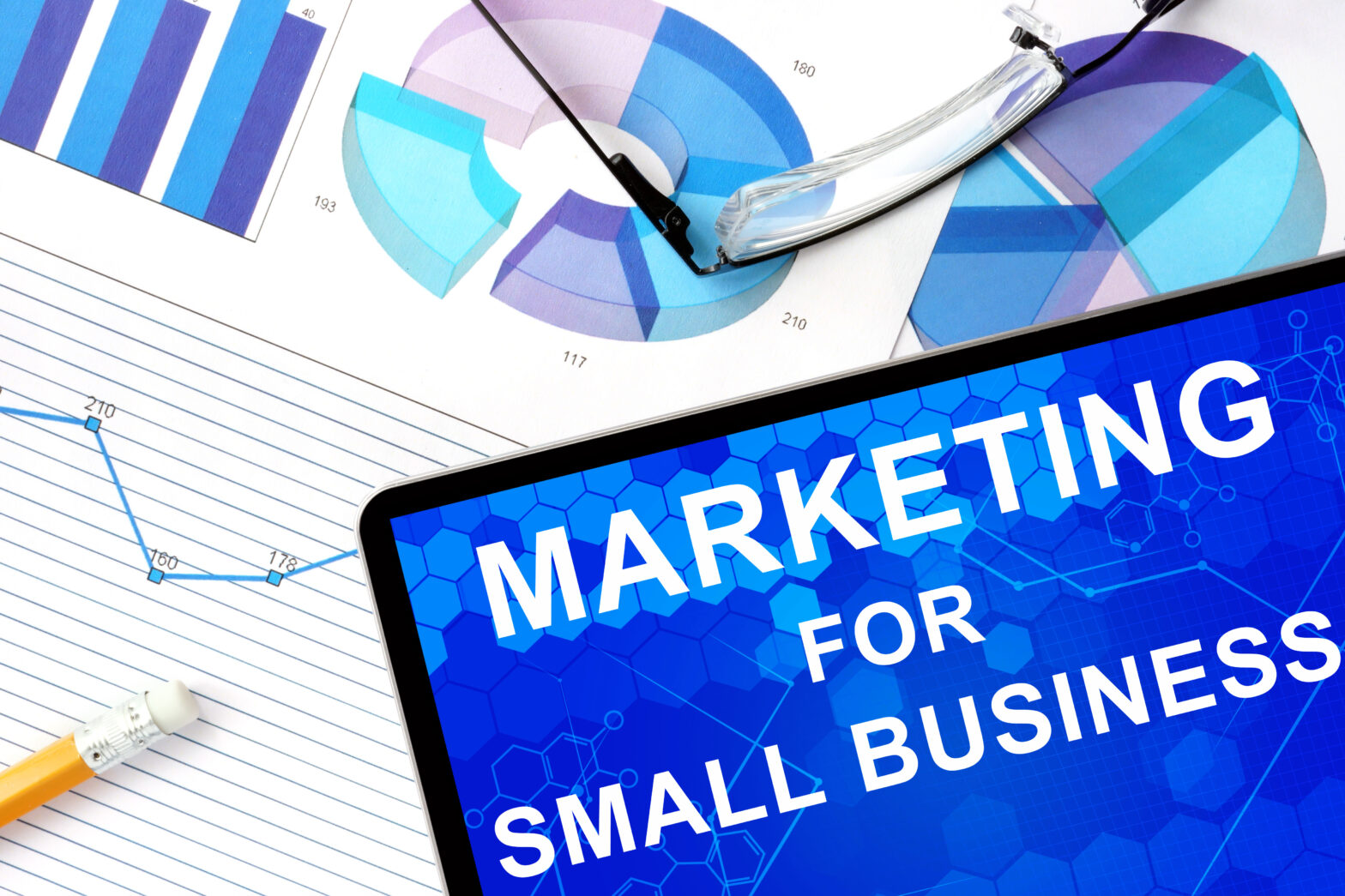How big should your marketing budget be?
There are several different approaches to this question. For example, products need a marketing budget in order to create awareness, trial and customer loyalty. Large companies spend 20 per cent of their turnover on marketing. However, this can be a frightening prospect for small businesses. This probably explains why they put so much of their time and effort into social media. The challenge being that all of their competitors are there.
Firms that sell services often rely on continuing business from current clients and referrals. The problem with referrals is that they tend to come and go. What is more, there is often no tracking or referral generation system in place.
Whether you sell products or services, you can pay for marketing items as they arise (website hosting, events, etc.); or decide on an arbitrary figure, perhaps following a marketing ideas meeting; or you can think strategically. Organisations that think strategically achieve the best results.
A strategic approach begins by considering where you want to get to. Does your business plan show annual growth of XX per cent this year, next year and the year after? If it does (or, if you are thinking this way and are committed to growth), then you need to have a written marketing plan. When it comes to calculating a marketing budget, this is a better place to start than some arbitrary list of promotional activities.
‘Successful enterprises put the customer at the heart of their marketing thinking, not products’
Start with a marketing plan
A key element of your marketing plan comprises market segments (groups of people with shared needs). Marketing revolves around customers and their requirements. Successful enterprises put the customer at the heart of their marketing thinking, not products or services. The plan will help you to consider how you will stand out from the crowd, use time and money effectively and reach new customers.
>See also: The essential guide to small business marketing
What are your competitors doing?
Another key question is: how do your competitors approach marketing? Where are they spending their money? Which marketing activities do they keep doing, every year? If you take a look at, say, three of your competitors, it is surprising how much information you can find.
Cost of customer acquisition
How much does it cost you to acquire a customer? If you know how much you are spending on marketing annually, you can divide this figure by the number of new customers in order to find out the answer to this question.
Now let’s think about some specific marketing areas. Once you have thought through your marketing strategy and, hopefully, worked on a strategic marketing plan, the next step is to create a marketing budget in spreadsheet format. List the expenditure items down the left-hand side of your marketing budget and the months of the year within the spreadsheet’s columns.
Visual brand identity
If you are launching a startup or feel that your visual branding needs a makeover, you can either do it yourself, i.e. by using Canva or hire a graphic designer or branding agency.
CRM system
A CRM (Customer Relationship Management system) is the central repository of your past, present and future customers. A straightforward UK based CRM is Capsule: Capsule is free for the first 250 contacts/two users and after that it is inexpensive – unlike other providers which can suddenly jump in price.
Photography
It is worthwhile having professional photographs for your website, social media accounts, blogs and press releases. If you market products, you could invest in a camera if you are doing your own product shots.
Video
You can experiment with filming videos using your computer’s webcam or your smartphone. However, for the best results a video camera is a worthwhile investment.
Website
WordPress is a free website CMS (Content Management System) that looks good from the start and will grow with your business. If you want to create a new website or rework your current site, you can either learn how to do it yourself (perhaps with a little guidance/training) or get an agency to do it for you.
Pro tip: don’t go for the cheapest quote, as your website is your “marketing hub”. It is important that it looks professional and works properly.
One of the things that Google search plays close attention to is your website loading speed. If you are using a cheap website hosting service, this may affect your loading speeds. Uptrends offers a free website loading speed report here. Ideally, you want your website to load in one to two seconds.
Search Engine Optimisation
There are two approaches here. The first is to do your own SEO, in which case you can invest in some training in this area. Alternatively, you could get some help from a trusted third party, which would be another item for your marketing budget.
Email marketing
The market leader is Mailchimp, which currently allows you to have up to 2,000 subscribers for free. As email marketing is so effective, it is worthwhile paying Mailchimp or an alternative provider so that you can reach more people.
>See also: Why email marketing is still crucial in 2021
Advertising
If you are marketing products, you will probably need to advertise them. Run split tests (i.e. where you test two different headlines) and take a close look at the results.
If you are a small business and are marketing a service, i.e. consultancy, coaching, photography, web design, etc. then I recommend a two-step approach here. The first step is to offer something for free. This could be a guide or an event. Then run some advertising/other forms of promotion in order to get prospective clients to take a look at your free offer.
Printed matter
Most businesses still use business cards and they come into their own at networking meetings, exhibitions and other face-to-face events.
Events
Events get you in front of customers. For example: exhibitions, conferences, open days, talks and workshops. Expenditure for in-person events may include popup stands or more sophisticated exhibition display units, printed matter to hand out to the attendees and hotel accommodation.
Measurement
In order to ensure that you are making the most of your small business marketing budget, you should measure your results. Which techniques are generating the most website traffic? Where do sales enquiries come from? Why do customers buy from you? Smart enterprises continually ask these questions and put the answers into a feedback loop in order to improve their marketing.
Nigel Temple is a small business marketing consultant and trainer and founder of The Marketing Compass





